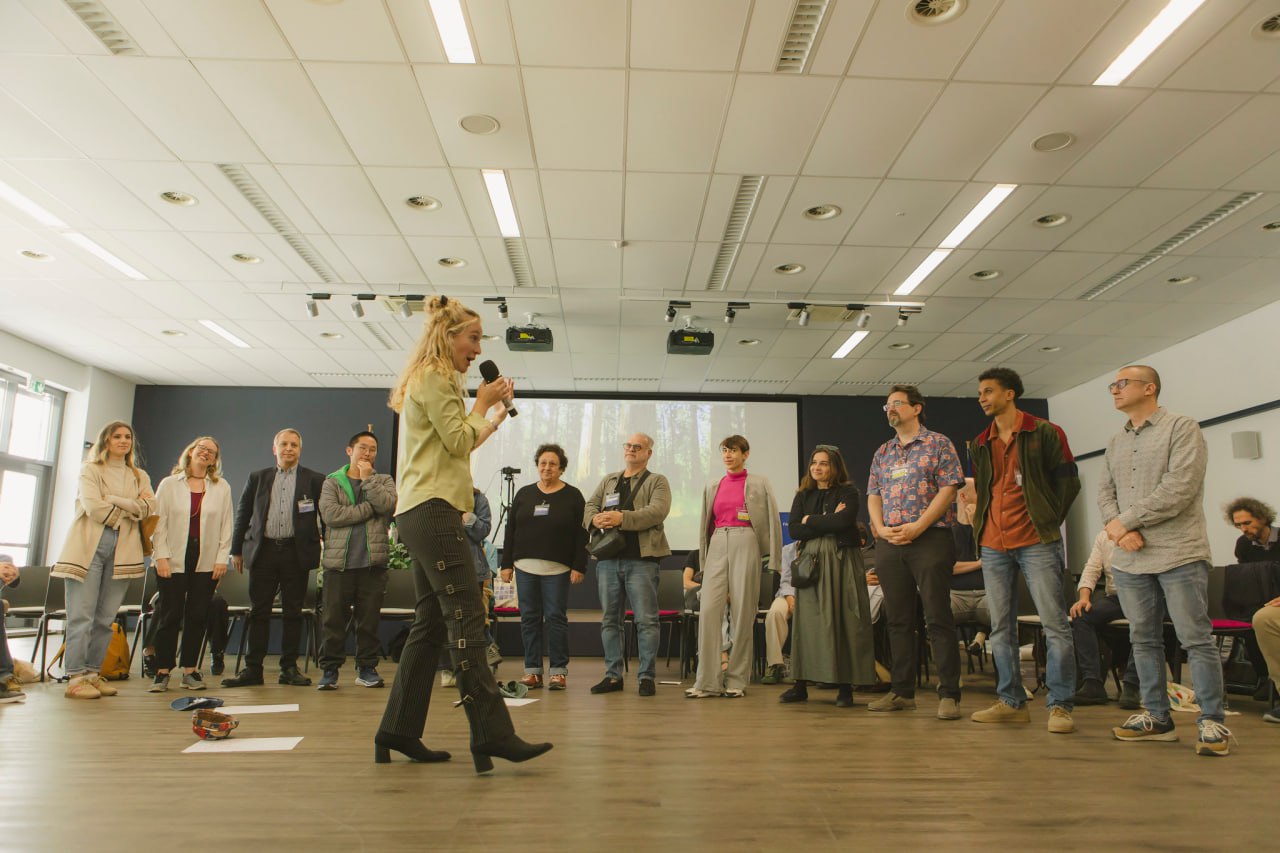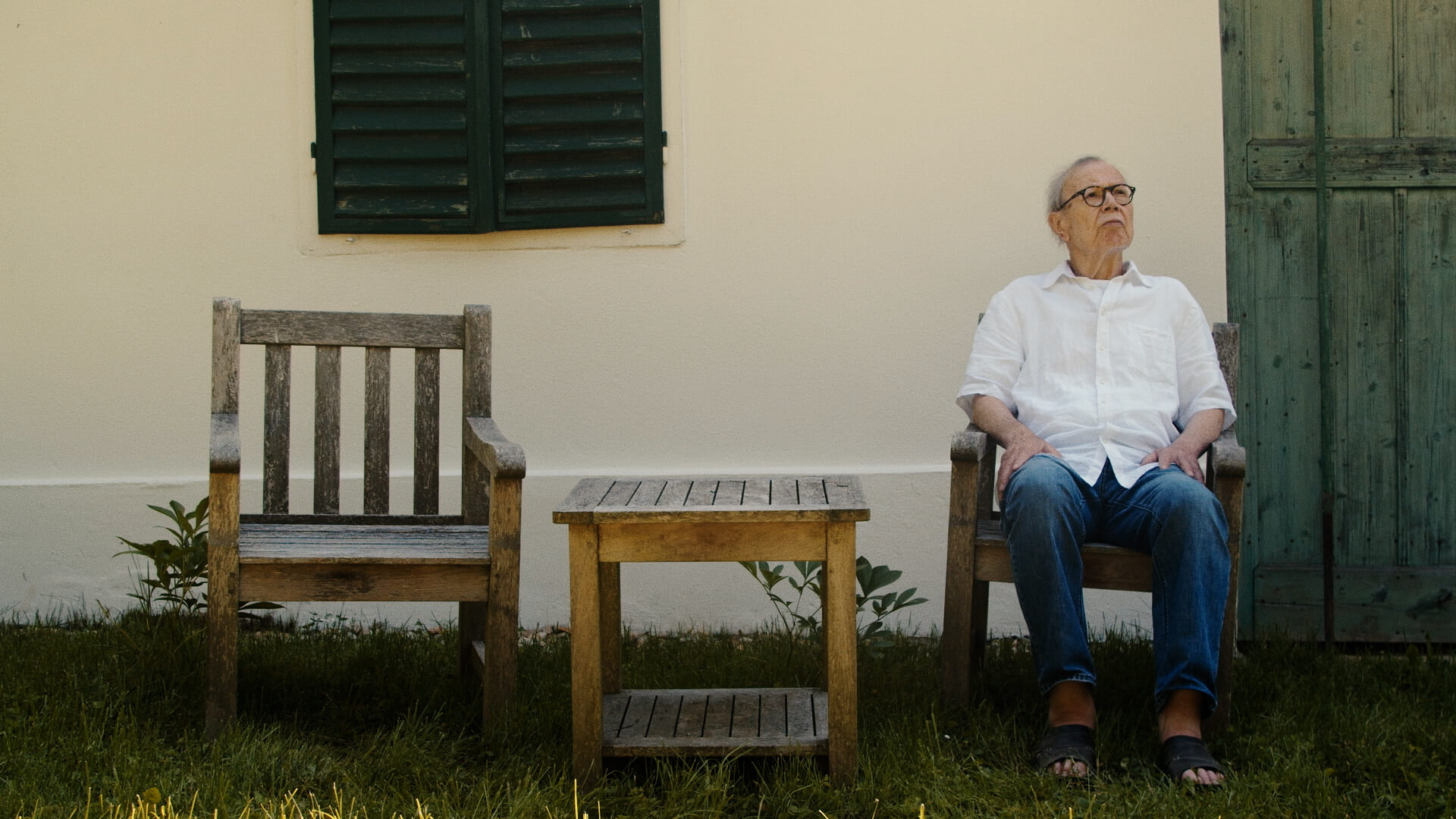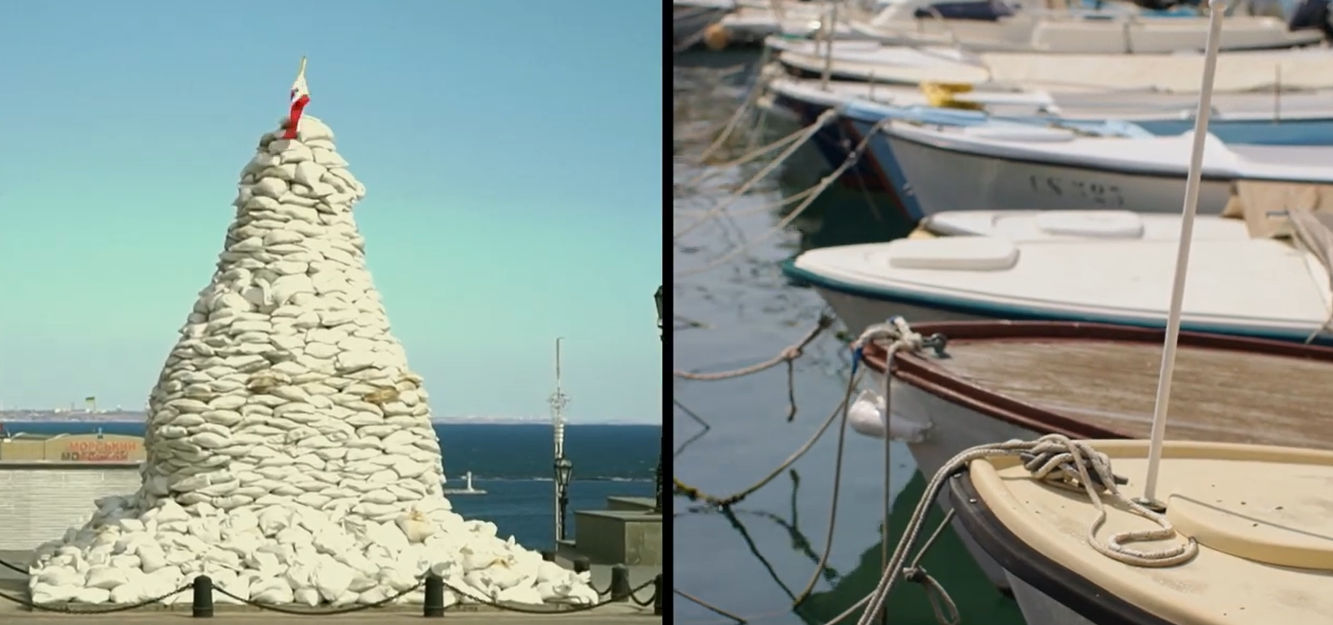Journal
30 June 2025
Reading Time: 5'

A permanent people’s assembly for Europe launches in Vienna
After meeting physically in Athens, Florence and online, the nomadic people’s assembly for Europe arrived in Vienna with the crucial support of ERSTE Foundation at the end of May to conclude its first report: »a Citizens Charter to Revitalise Democracy in Europe by Navigating Future Crises Together«. 300 people living in Europe, randomly chosen by sortition methodologies to ensure diversity and different geographical backgrounds and citizenship statuses, worked together over 9 months to build on their collective experience of living through different kinds of crisis, from planetary crisis like climate breakdown or Covid-19 pandemics, to structural crisis like exacerbated inequality or underinvestment, to acute crisis like war, to reflect on how Europe’s democracy should be revitalized at all scales, from local to transnational. Together they explored what good practices can be kept from these experiences, what urgently needs to change, the principles that should guide this change and what steps can be taken to get there. Not only did they develop a charter that can be adopted and practically used by public and private agents of change, from political bodies to public institutions, from businesses to informal groups of citizens, they also piloted a unique model of a people’s assembly.
The final stage of the first cycle of the People’s assembly taking place in Vienna was in some sense a homecoming. One of the early versions of the idea was written in Vienna during the early days of the Covid-19 crisis in February 2020, as part of my Europe’s Future’s Fellowship at IWM, supported by ERSTE Foundation. »Give Strasbourg to the Citizens« was the provocative title to suggest that a permanent people’s assembly could take one of the seats of the European Parliament. At the same time, Alberto Alemanno (who would become another Europe’s Futures Fellow), Kalypso Nicolaidis and me wrote an open letter to call for the European Union’s »Conference on the Future of Europe« which was starting in 2020 should be a genuinely empowering exercise for citizens, and not a technocratic exercise. In those months, the civil society coalition Citizens Takeover Europe was formed, with the mission of ensuring that Europe meaningfully and accountably innovates in participatory and direct democracy.

Out of these early initiatives, design and experimentation work towards a pilot of a permanent people’s assembly started: we call this adventure the Democratic Odyssey. Over that design period, coordinated with the European University Institute and involving tens of partner organisations, and hundreds of academics and practitioners of deliberation, a highly unique model emerged that would:
- Bring Europe to town! a nomadic assembly rather than an assembly in one place would ensure that discussion about Europe relates directly to everyday experience, and embed itself in local initiatives.
- Be highly inclusive! The people’s assembly includes people from the »larger« Europe including accession countries to the EU, includes not only citizens but also refugees, and people with non-European citizenships, and centres care and responsibility as core values.
- Be permanent to ensure learning and follow-up! By continuing to exist, the assembly can learn from its previous practice, and follow up on its recommendations and reports with other actors. The members will change over time, but the assembly itself should continue as an institution.
- Catalyse a deliberative ecosystem for Europe! The permanent people’s assembly interacts with other assembly initiatives at all scales from local to global, and interacts with movements, civil society initiatives and campaigns.
- Experiment! The permanent people’s assembly welcomes experimentation with artistic and embodied forms of deliberation and collective experience, and explores if and how new technologies can facilitate deliberation.
The Vienna appointment of the assembly, like all the appointments before, featured all of these aspects. It engaged with the municipality, which is currently the European Capital of Democracy, and notably the Vienna Office for Participation, to see how participation in Vienna can be extended and connected to participative initiatives across Europe. Vienna was chosen as a highly symbolic city for the assembly to meet in given the large number of people without a right to vote, and thus a place where assemblies and other forms of participation are particularly important. The assembly was embedded in the Wiener Festwochen, and alongside its work hosted public discussions with student protestors from Serbia, and representatives of the women’s movements in Rojava. The assembly itself involved theatrical moments, artistic exercises, used online platforms for voting, commenting and deliberation, and had interpretation embedded in its group and plenary work to ensure everyone could participate.
Now that the first cycle of the work of the permanent assembly is completed, the next steps are taking its Citizens Charter to decision makers at local, national and European levels, ensuring local follow up by citizens initiatives themselves, and campaigning for the institutionalisation of a permanent people’s assembly whilst sharing and developing all the learnings from the pilot. If you want to join the journey forwards, sign up here.
Author: Niccolò Milanese, Chair of European Alternatives

Header image: Elisa Massara / European Alternatives



